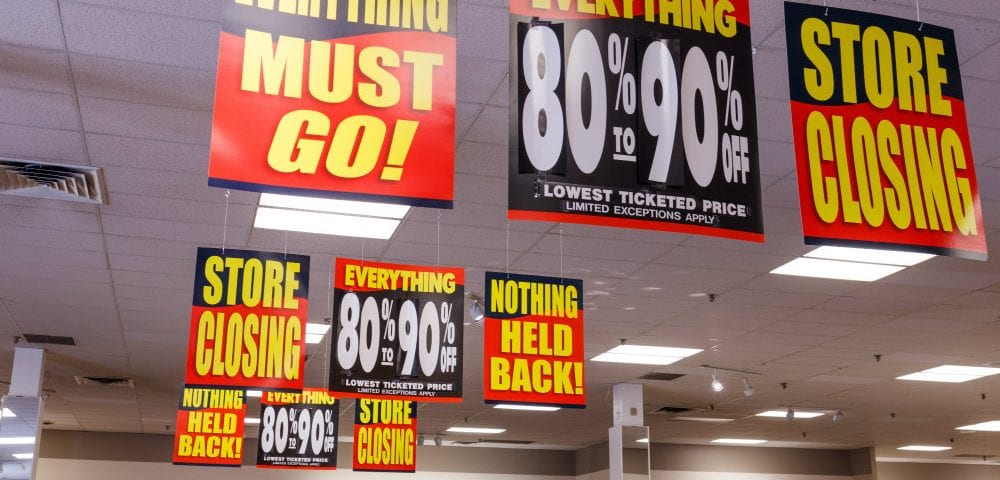 By Lance Portman.
By Lance Portman.You just found out that one of your customers has filed for bankruptcy.If you obtained this knowledge from receipt of a notice from the bankruptcy court, that initial notice will contain a wealth of information, such as date of filing, location of the court, type of bankruptcy (e.g., Chapter 11 or Chapter 7, etc.). If you received such a notice, this means that your customer has scheduled you as a creditor in their bankruptcy.
However, even if you did not receive the written official notice from the court of the bankruptcy but have learned of the bankruptcy by any other means, your actions are impacted by the bankruptcy filing.
The date of the bankruptcy filing is very important as it creates a demarcation between the pre-petition period (what occurred prior to the bankruptcy filing) and the post-petition period (what occurs after the bankruptcy filing).The type of the bankruptcy filing is significant. A Chapter 7 bankruptcy is a liquidation of assets by a Court appointed Trustee. The party filing Chapter 7 bankruptcy ceases doing business. A Chapter 11 bankruptcy is a reorganization where the party filing bankruptcy continues to operate its business under a whole new set of rules under the Bankruptcy Code and under the jurisdiction of the bankruptcy court.
If you were attempting to collect the debt of your customer prior to the bankruptcy filing you must stop. The automatic stay of collection on a pre-petition debt applies to all bankruptcy cases.
If there are assets in the Chapter 7 case you should file a Proof of Claim with supporting documents with the bankruptcy court. If your customer was an individual in business who has filed Chapter 13 (an individual reorganization) you must file a Proof of Claim in order to receive any payment on your claim. Unless your claim is completely and accurately set forth in the bankruptcy schedules of a Chapter 11 case (often your claim is not) then you should file a Proof of Claim in the Chapter 11 bankruptcy. There are deadlines for the filing of these claims.
If your customer is in a Chapter 11 you should not automatically decline to do further business with them. In some respects they will have to be a better paying customer on a current basis, but you need to know how the bankruptcy has changed your rights.
A bankruptcy fundamentally changes your relationship with your customer. To find out what your rights are, you should contact attorneys who look out for the interests of creditors in bankruptcy cases.

